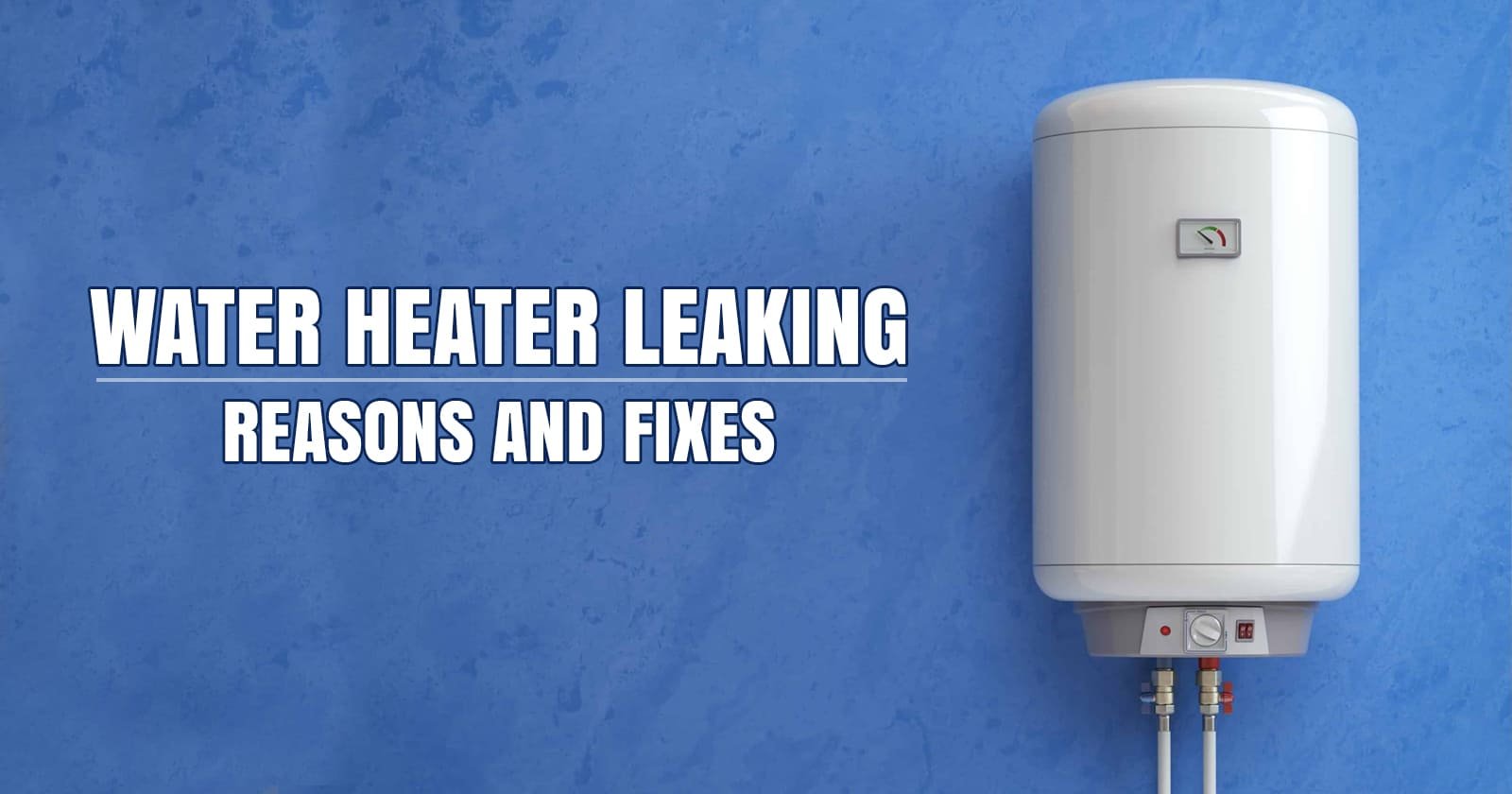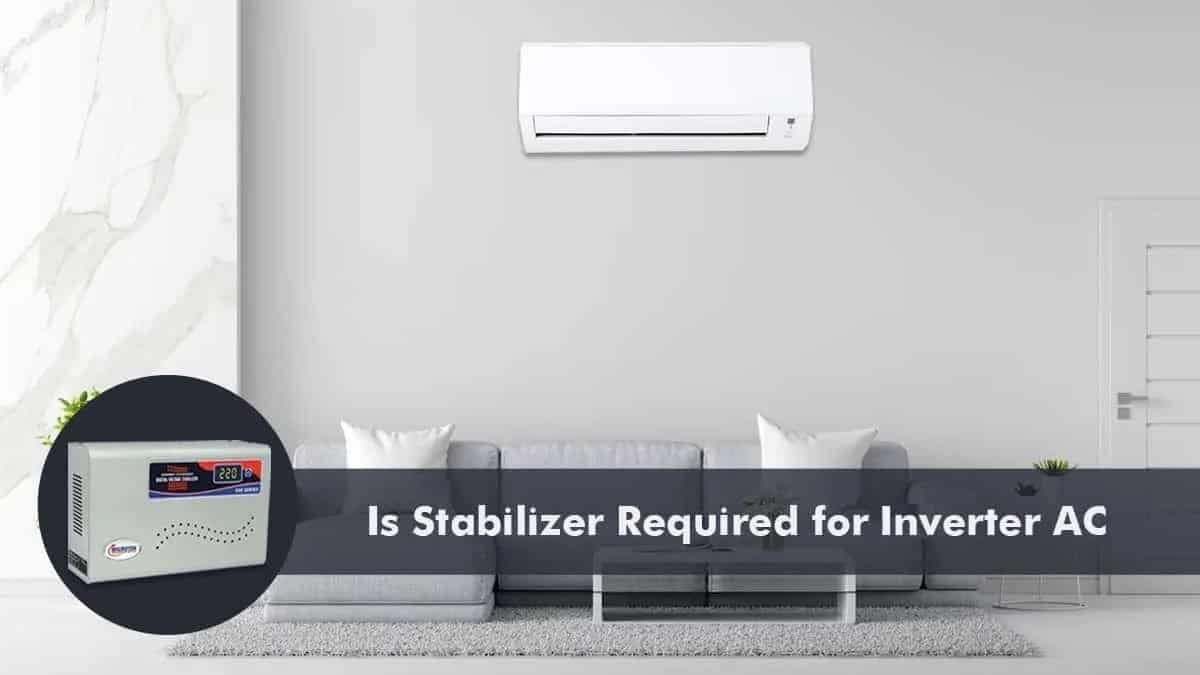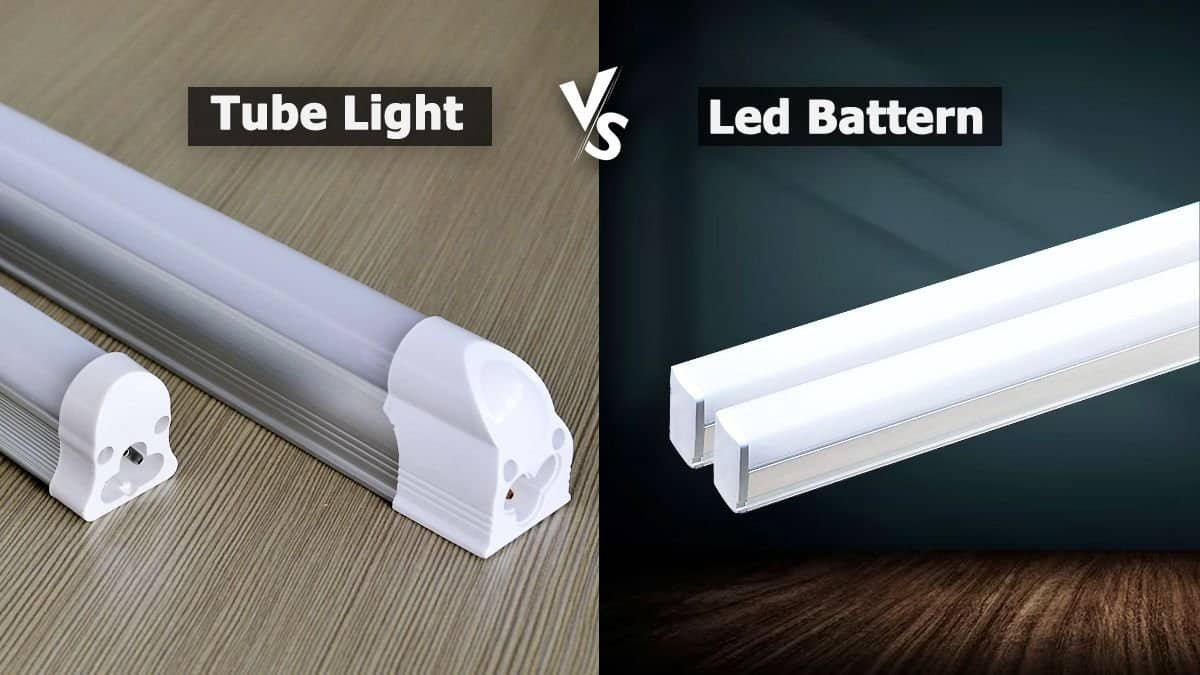If you see your water heater leaking, it’s important to take quick action to mitigate the damage. Depending on the source and severity of the leak, you may be able to fix the problem by yourself, or you may need to call a professional.
If you’re unsure how to proceed, this post will guide you through troubleshooting a water heater leak in India. We’ll cover the most common causes of leaks and explain what you can do to fix them. By the end, you’ll know what to do if your water heater leaks and how to prevent future leaks.
Table of Contents
How Water Heater Works?
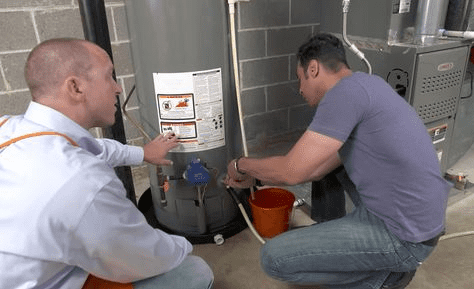
As stated above a water heater is a device that uses electricity or gas to heat water and then store it in a tank for later use. When you turn on your hot water tap, the heated water flows until the supply runs out. The thermostat senses the temperature has dropped below its set point and turns on the burner or elements to reheat the water.
For a water heater to work properly, it must have three things: an incoming cold water line, an outgoing hot water line, and a storage tank. The incoming cold line brings fresh cold water into the tank, while the outgoing hot line carries hot water out of the tank and to your faucet. The storage tank stores heated water until it is needed.
There are several components inside a typical water heater:
- Thermostat -This controls when the element turns on and off
- T&P Valve -This stands for circuit protection and thermal expansion
- Element – This is what heats the water via electricity
- Anode Rod -This helps prevent corrosion of the steel tank
- Gas Burner – This heats the water via gas
- Vent Pipe -This transports gasses away from the heater
- Dip Tube – This directs the flow of water into the tank
Common Causes of Water Heater Leaks
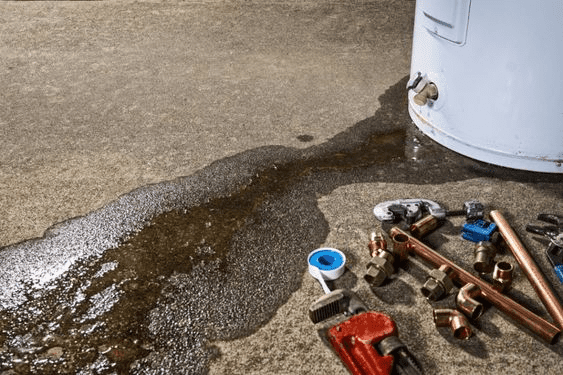
Some of the most common causes of water heater leaks in India are described below so that you can take steps to prevent them from happening in your home.
- Rust: One of the most common causes of water heater leaks is rust. Over time, the metal parts of the water heater can corrode and cause serious damage. If you notice any signs of rusting, it is important to have it repaired immediately.
- Faulty Parts: Faulty parts are another common cause of water heater leaks, such as loss of pressure or temperature control piston. If the set of valves isn’t working properly, the water will escape slowly through them, causing a lot of leakage. Seals or gaskets often wear out over time and cause water to leak out. If you suspect one of your water heater’s parts is malfunctioning, it is best to replace it as soon as possible.
- Loose Connections: Water heaters are under a lot of pressure, and if one of the connections becomes loose, it can leak. To avoid this, make sure all connections are tight and secure. Another possible cause of water heater leaks is improper installation of the piping. If the pipes are installed too close to each other or are not properly secured, they can easily become damaged and start leaking.
- Sediment Build-Up: If sediment accumulates at the bottom of your tank, it can create blockages which may eventually lead to a leak. To prevent this from happening, clean your tank regularly using a special filter designed for that purpose.
- Old Age: Like everything else, water heaters eventually reach the end of their lifespan and need to be replaced. If your water heater is more than ten years old, there’s a good chance it will start leaking sooner rather than later.
- Clogged Drain Valve: A clogged drain valve is another common cause of water heater leaks. This occurs when dirt and debris block the valve and prevent it from closing properly. As a result, hot water escapes through the valve and creates a leak.
- High Water Pressure: Excessive water pressure is one of the most common causes of water heater leaks. If the pressure is too high, it can cause the piping system to become overloaded and rupture. To prevent this, install a pressure regulator on your water line.
- Hard water is another common culprit behind water heater leaks. Hard water contains high levels of minerals such as calcium and magnesium that can corrode pipes and fittings over time. You can reduce the effects of hard water by installing a water softener in your home.
How to fix Water Heater Leaking
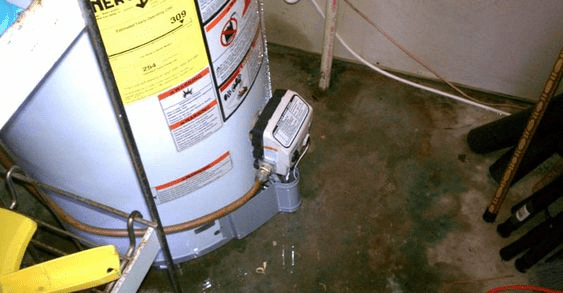
Step #1: Confirm the leak and its source
If you suspect that your water heater is leaking in your Indian home, there are a few things you can do to confirm this. The easiest way to tell if there is a leak is to look for signs of moisture on or around the unit. You can also check the water meter outside your house; if the reading changes when no one is using any water in the house, this could indicate a leaky water heater. Finally, listen for sounds of running water coming from the tank – this could be another sign of a leak.
- Finding the Source of a Water Heater Leak:
Once you have confirmed that your water heater is leaking, it’s time to find out where it is coming from. There are three main places where leaks can develop on a water heater – at the top, side or bottom. Here are some tips for locating each type of leak:
- Leaks at the Top: If your water heater is leaking at the top, something has likely gone wrong with either the valve or pressure relief valve on top of the tank. This type of leak can be tricky and may require professional assistance.
- Side Leaks: A side leak usually indicates damage to either one of the pipes or fittings connected to the side of the tank. This type of leak can usually be repaired without too much difficulty.
- Bottom Leaks: A bottom leak occurs when water seeps between the tank and the floor. This leak is often caused by standing water near the tank, which can corrode metal over time. The best way to solve this problem is by draining the tank completely and repairing or replacing any damaged parts.
Step #2: Shut Off the Water Heater
Once you have confirmed a water heater leak, the next step is shutting off the unit’s water supply. This can be done by turning off the main valve near your water heater. Once the water has been turned off, move on to Step #3.
Step #3: Use a Bucket or Rag to Catch Leaking Water
If possible, it’s a good idea to place a bucket or rag under your water heater to catch any leaking water. This will help prevent further damage and make it easier to clean up later. Be sure not to let any leaked water come into contact with any electrical cords! Letting even a little water seep into an outlet can cause major problems down the line; if you don’t have anything handy to catch leaking water, continue on Step #4.
Step #4: Disconnect Power Supply from Water Heater
Continuing onto Step 5 without shutting off the power could pose serious safety hazards! In some cases, it may be necessary to disconnect the power supply from your leaking water heater until repairs can be made. If you feel comfortable doing this, go ahead and do so; but please note that if you are not familiar with electrical work, it is best left up TO A PROFESSIONAL. While your power is disconnected, go ahead and tape over all open outlets and ports on your wall with duct tape or electrical tape – this will help keep moisture out while you wait for repairs. When everything looks good and safe, reconnect the power supply.
Step #5: Call for Professional Help
In most cases, when there is a leakage problem in the home, many people try various methods to solve such problems but eventually give up due to their complexity. Now, what should you do? The perfect answer is to call professionals who do these services daily and know how to handle these situations with ease.
Maintenance Tips To Prevent Water Heater Leaks
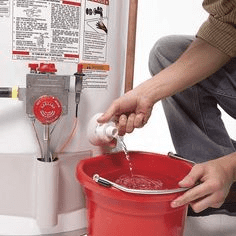
Preventing water heater leaks is important to protect your Indian home and belongings from water damage. Here we will explore eight maintenance tips to help prevent leaks from your water heater.
- Inspect the Water Heater Regularly: It is important to inspect your water heater regularly for any signs of leakage. This can be done by checking all hoses, valves, and fittings for wear and tear.
- Avoid Overloading the Water Heater: When you overload the water heater, it puts unnecessary stress on the system, leading to leaks. Be sure not to exceed the recommended capacity of your water heater.
- Monitor Temperature Settings: Make sure to monitor the temperature settings on your water heater so that it does not become too hot. An excessively hot water heater can cause cracking and leaking in the tank.
- Clean Rust and Scale Build-Up: If you do not clean rust and scale build-up regularly, it can clog up valves and fittings, which may lead to leaks. Use a vinegar solution or CLR cleaner to remove these build-ups safely and effectively.
- Check hoses for Leaks: Always check hoses for leaks before using them. A small hose leak can quickly become a big problem if left unchecked. Repair any worn or damaged hoses immediately.
- Replace Old Parts Promptly: When old parts start to wear out, they are more likely to leak or fail altogether. Replacing old parts as soon as possible will help reduce the likelihood of future leaks.
- Insulate Hot Water Pipes: If you have exposed hot water pipes running through your home, wrap them in insulation sleeves to keep them from becoming too hot and cracking open.
- Tighten Connections Periodically: Loose connections are one of the most common causes of water heater leaks. Tighten all connections periodically (monthly is ideal) using wrenches or pliers. Following these simple maintenance tips can help prevent costly water heater leaks from happening in your home.
- Replace Anode Rod: The anode rod in your water heater is designed to attract corrosive elements in the water, which can prolong the lifespan of your water heater. However, over time, the anode rod can become depleted and ineffective, leading to corrosion and leaks. It’s recommended to replace the anode rod every 3-5 years to prevent water heater leaks.
- Drain Water Heater To Release Sediment: In addition to regularly flushing the tank, draining your water heater to release sediment buildup can also help prevent leaks. Sediment can accumulate at the bottom of the tank and cause corrosion, leading to leaks. Draining the tank once a year can help remove this sediment and prevent it from causing damage to your water heater.
To drain your water heater, turn off the power supply or gas valve, shut off the cold water supply to the tank, and attach a hose to the drain valve at the bottom of the tank. Open the valve and allow the water to drain into a suitable drainage area, taking care to avoid scalding hot water. Once the tank is empty, close the drain valve, turn the cold water supply back on, and allow the tank to refill before turning the power or gas supply back on. - Check T&P Valve: Another important maintenance tip to prevent water heater leaks is to regularly check the temperature and pressure (T&P) relief valve. This valve is designed to release excess pressure or temperature inside the tank to prevent it from exploding.
Also, Read
- 8 Reasons Why Your AC Not Cooling Properly
- How to Change Mosquito Bat Battery in 7 Simple Steps
- How to Clean Sintex Water Tank – Step by Step Guide
Conclusion
If your water heater leaks, you should turn off the power to the unit and call a plumber. While trying to fix the problem yourself may be tempting, water heater repairs are best left to the professionals. If you have any questions, please leave them in the comments, and we will get to you as soon as possible. In the meantime, you can prevent water damage by placing a bucket or pan under the leak to catch the water.
FAQs
What are the reasons for the leaking of water heaters?
Many reasons can result in a water heater leaking. Common reasons include a damaged or corroded tank, a faulty pressure relief valve, or leaks in the fittings or pipes.
How do I know if my water heater is leaking?
One of the easiest ways to tell if your water heater leaks are to check for water pooling around the unit’s base. Another telltale sign is if your water bills start to spike without an increase in usage.
What are the consequences of a water heater leaking?
If left unrepaired, a water heater leaking can cause extensive water damage to your home. It can also lead to mold growth and structural damage.
How do I prevent my water heater from leaking?
You can prevent leaks by regularly checking the tank for cracks or corrosion. You should also make sure that the tank is not overfilled. To know more, please read the post.
